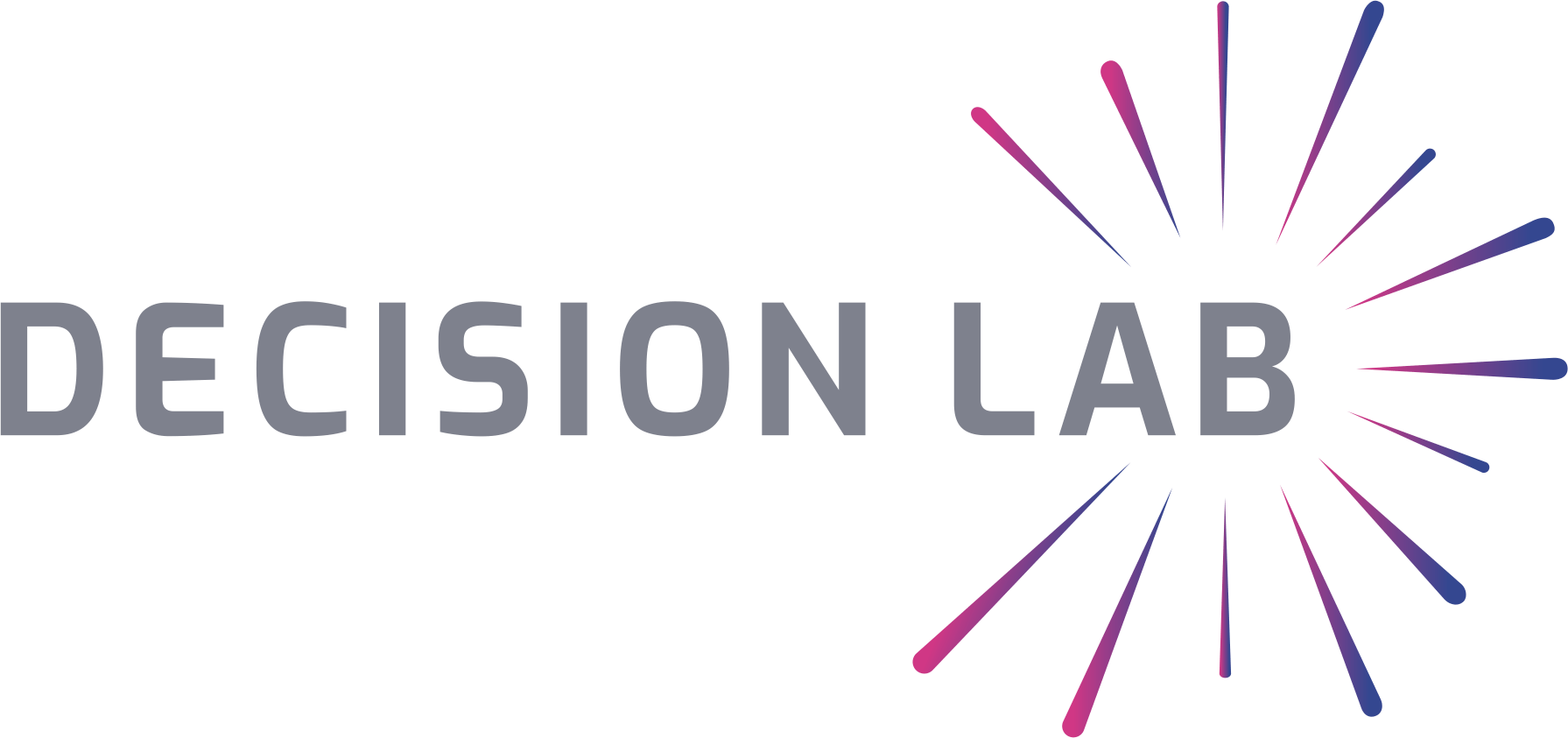We’re continuing introducing you closer to our consultants in our much-read series of Lab Chats.
This interview is with Dr. Kevis Pachos, who was the first employee Decision Lab ever had (and he still doesn’t look any older than the day he started!). During the 10-year life of the company he has been involved with DL’s work as well as venturing to the world of academia to do his PhD.
Kevis is half Greek and half Brazilian, has UK nationality as well and lives predominantly in France. He is now back with us in Decision Lab as a full-time associate senior consultant, and we couldn’t be happier.
What does your typical workday look like?
In the last few months, I have gone from completing a post-doc to starting an 8-week long AI fellowship programme to resuming consultancy work at Decision Lab. So lately my workdays have not been too similar. Currently, as the technical lead on a consultancy project which is on the model development phase, I am working on the formulation and implementation of a decision-support tool for a client. At Decision Lab, we use an agile project management approach for managing software development projects. That means, we break down the project in sections of work to develop and test new functionality. So, on a typical day I meet with the client to collaborate on the development of new model features. This involves discussing in non-technical terms what functionality they want from the decision tool, which sometimes is made clear through simple examples, that help everyone understand what is expected. Once I have understood what the client wants, I develop the code. I also touch base daily with my team internally at Decision Lab to have technical discussions on how best to incorporate the client’s feedback in our model, and discuss the project’s progress.
What would be your dream project to work on?
A dream project would involve a challenge, an opportunity to learn something new, building relationships with the team and the client, and a feeling of being rewarded through a successful outcome or by making a positive impact. Therefore, for me, it is not tied to working for a particular industry or implementing a specific data science technique. Having said that, I have enjoyed working on projects related to sustainability and inequality that aim to redesign the economy in the use of water and energy. I feel like science can make a big positive impact by changing the way we produce and consume water and energy, considering that water scarcity has become a very real prospect and the transition from fossil fuels to clean energy has been made possible.
What keeps you motivated at work?
I think most of my motivation at work comes from enjoying doing the work itself. I find the process of understanding a problem and building a simple model to solve it quite rewarding. It is similar to the joy you get as a kid when building a LEGO toy, figuring out how the bricks should be put together and playing with it. And lately the tools we use to build our toy models have got much more interesting to play with. When I started building decision-support tools ten years ago, projects would require the use of licensed software. Nowadays, the industry has adopted open-source tools which are much more accessible, enabling a much larger community that use them from which everyone benefits.
What is the best advice you’ve been given in your career?
From a technical point, I have found helpful the advice to always aim to build an efficient yet simple system. In past projects, I had made the mistake of increasing model complexity when I could have used a simpler solution.
From a career point, I found it useful when someone would help me to build trust in myself when attempting something new. We can sometimes be hesitant to walk into a new role or try something new because of fear of failing, but most times what’s best is to go all in and realise we were ready for it.
What industry or data science techniques intrigue you the most?
I was recently intrigued by the available Machine learning techniques based on natural language processing used to process text and analyse natural language data. This toolset was new to me, and I had the opportunity to explore it in an interesting project for the UK government where I looked into how emojis are used by extremist groups to obfuscate meaning to avoid censors and moderation.
How has your work changed over the years?
I started my career as a modeller at Decision Lab 10 years ago where I gained practical experience, mostly working in data science projects for water and energy utilities. My daily work required creative and analytical thinking to do useful stuff with data. The first project I worked on had an impact in my path as our client sponsored my PhD three years later when I decided I wanted to challenge myself in new ways. In academia, the main change I experienced compared to the industry was the process of publishing papers which required a different level of thoroughness and exhaustiveness in the reporting of my methods and results. Having recently moved back to working full-time on industry projects, I am open to the changes this will bring.
What is the one biggest ambition you have for this year (work or general)?
My goals for this year are to work on interesting industry projects, publish a paper that is almost finished and achieving a good work-life balance. I have recently moved to Paris so improving my French would make my life easier!

